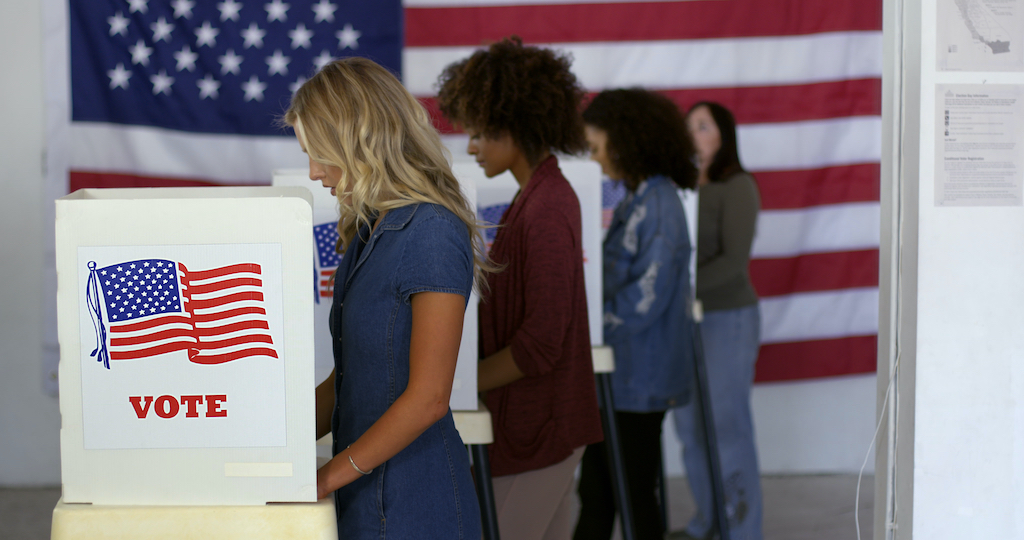Presidential election seasons are crucial periods in any democracy, as they determine the future course of a nation. Alongside the excitement and anticipation, there are several legal matters that deserve attention to ensure fair and transparent elections. These matters play a significant role in upholding the democratic principles and safeguarding the rights of citizens.

Voter Rights Protection
Preserving and protecting the right to vote is of paramount importance during the presidential election season. Governments and election authorities must ensure that all eligible citizens have equal and unimpeded access to the voting process. This includes measures to prevent voter suppression, such as strict enforcement of anti-discrimination laws, provision of adequate polling stations, and accessibility for disabled individuals. Additionally, efforts should be made to combat voter intimidation and misinformation campaigns that aim to discourage certain groups from exercising their voting rights.
Campaign Finance Transparency
The financing of political campaigns has a significant impact on the democratic process. To maintain the integrity of elections, it is crucial to have transparency and accountability in campaign financing. Laws and regulations should be in place to limit the influence of money in politics, disclose campaign contributions, and monitor expenditures. Enforcing these regulations effectively helps prevent corruption and ensures a level playing field for all candidates, regardless of their financial resources.
Cybersecurity and Election Integrity
With the increasing reliance on digital infrastructure, protecting elections from cyber threats is a critical concern. Election authorities and governments must invest in robust cybersecurity measures to safeguard voting systems, voter registration databases, and other critical election infrastructure. Regular audits and vulnerability assessments should be conducted to identify and address potential vulnerabilities. Public awareness campaigns can also play a crucial role in educating voters about the importance of cybersecurity and potential risks associated with disinformation and hacking attempts.
Misinformation and Disinformation
The spread of misinformation and disinformation poses a significant challenge to the integrity of elections. Social media platforms, news outlets, and citizens themselves must be vigilant in identifying and countering false information that can influence voter behavior. Governments and regulatory bodies should work in collaboration with tech companies to develop strategies to combat misinformation, including fact-checking initiatives, promoting media literacy, and enforcing penalties for deliberate dissemination of false information.
Election Security and Observers
Maintaining public trust in the electoral process is crucial. To achieve this, it is essential to have independent and impartial election observers who can monitor the proceedings and ensure compliance with the law. Election authorities should welcome international and domestic observers to oversee the election process, ensuring transparency and fairness. Measures should also be taken to secure voting machines, protect ballot integrity, and address any irregularities promptly.


















